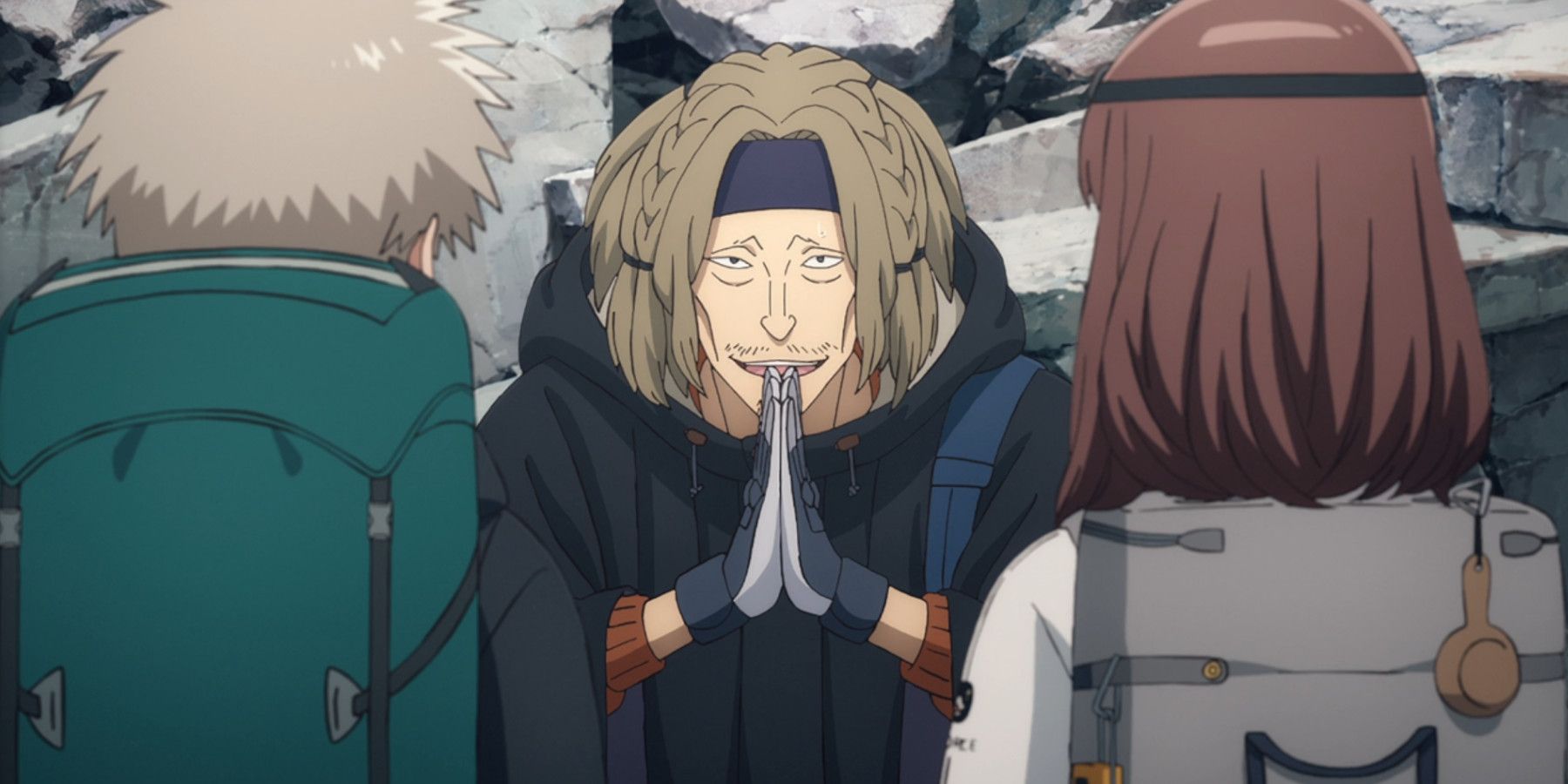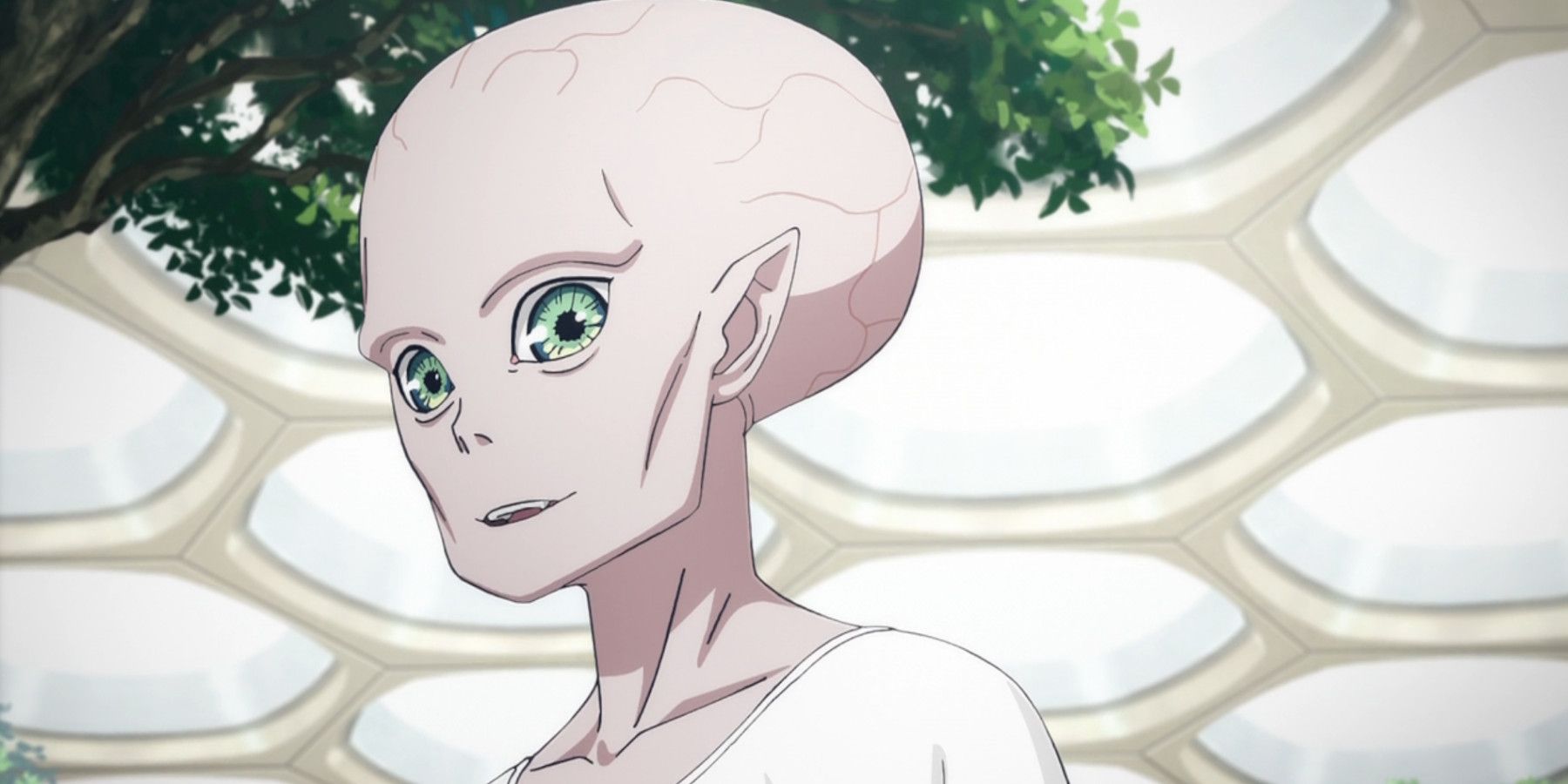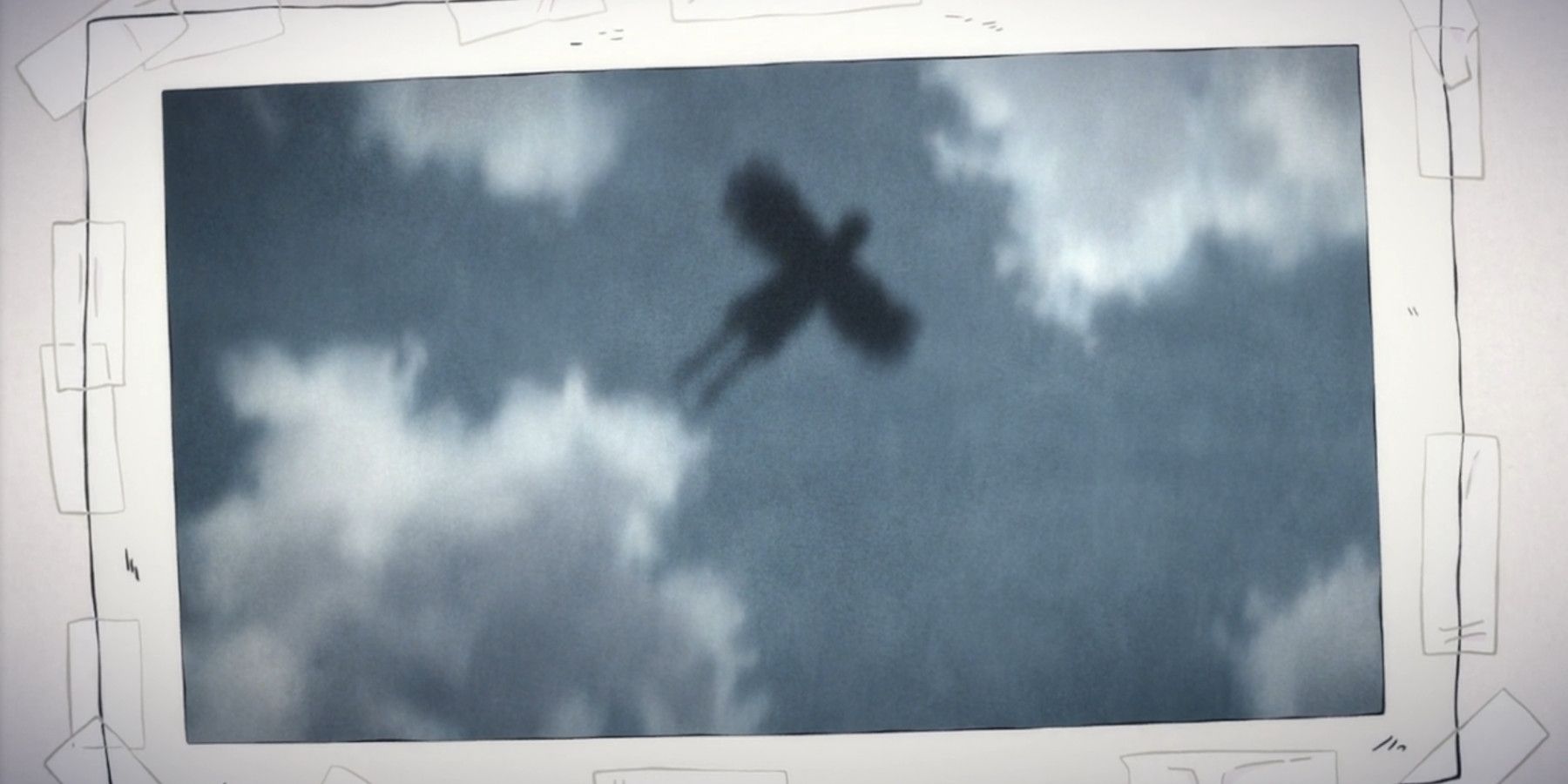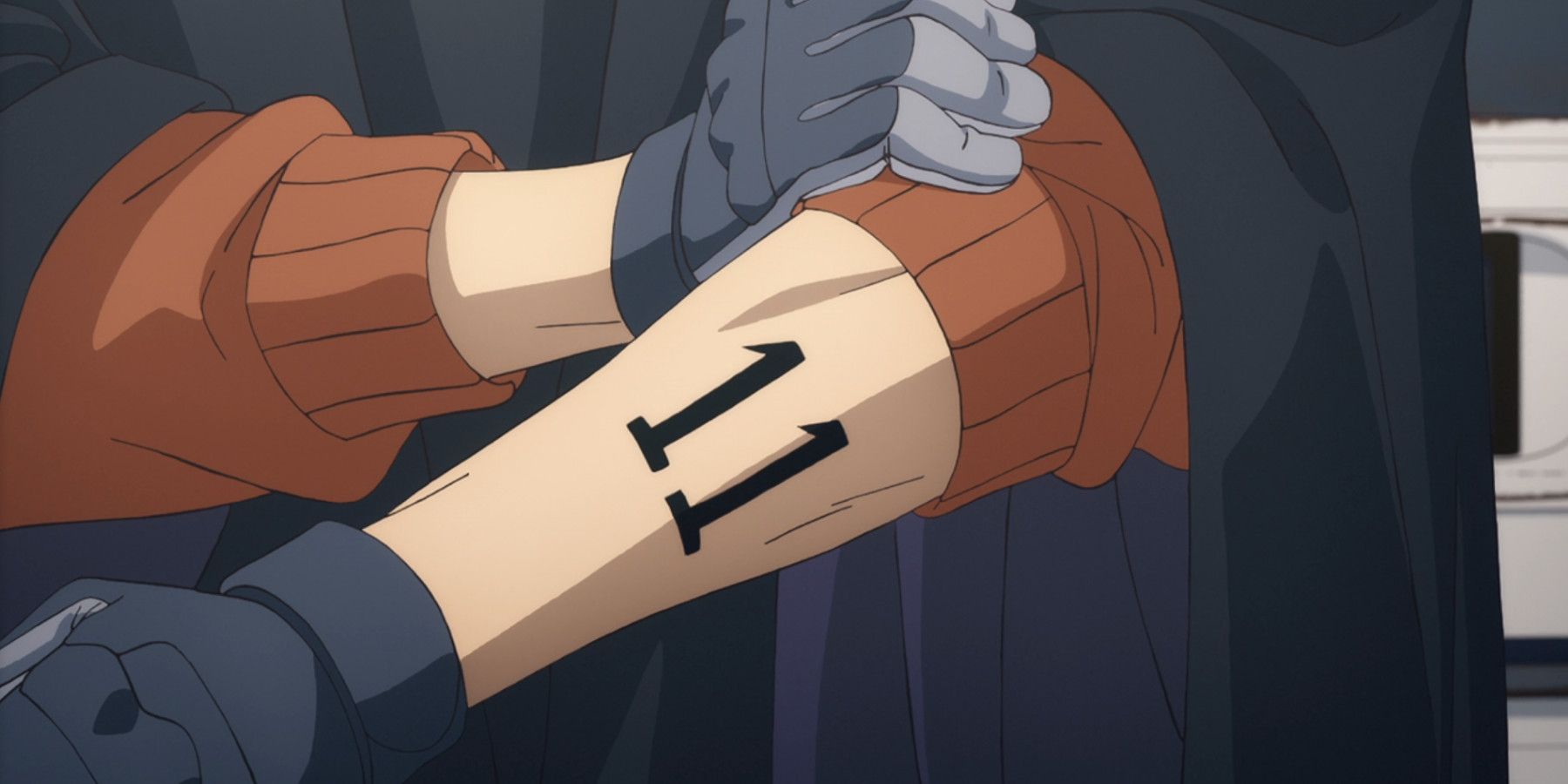Spoilers for Heavenly Delusion ahead
Since the beginning, Heavenly Delusion has crafted a series of mysteries surrounding the nature of its world, but ever increasingly, it's becoming clear that it's just as adept at lying to its audience. As the two stories get closer and closer to potentially colliding, it's less about what the story is telling the audience and more about how they're telling it.
Back in Episode 5, "Day of Fate," we got our first indication of the numerous theories about how exactly the world ended, starting with the theory that the world ended in war. While Kiruko dismissed it as sounding too much like a fable, it revealed that the people of this future truly aren't sure of how their world became like this.
The Three Theories
The newest episode, "Children of the Nursery," was a surprisingly nerve-wracking watch. It opens with a flashback showing from when Asura was alive, whose alien appearance certainly comes as a shock. No one seems to acknowledge how they're the odd one out in the group, much less question their abilities, which makes the whole sequence feel very strange, but nevertheless effective.
Next, Kiruko and Maru met Juichi in one of the more sinister - and in hindsight, funny - jump scares. Juichi is a traveling scavenger who also trades in stories like a bard of the post-apocalypse, sharing stories that might be true in exchange for money. He's suspicious and not a particularly credible narrator given how he seems to scam them out of money, but something about his words rings true, even if just a little.
He tells them about the three biggest stories that have been concocted since the Great Disaster to make sense of what happened. First, an asteroid that was frequently talked about prior to the disaster. Second, an alien invasion that suggests that the maneaters are alien in origin, which from the last episode is already confirmed to be false. And third, the war theory, which is accompanied this time by the suggestion of a terrorist attack and a "special weapon."
Grains of Truth
The coolest thing about the newest episode and Juichi's storytelling is that the theories he shares seem too simple to be true on their own, but what if they are all true in some way? Even the order in which he shares the theories sounds like the makings of one story. Perhaps an asteroid carrying some kind of alien life form landed and after being studied, was used as a weapon.
That infection affecting the kids in the orphanage, which possibly could be the one turning people into man-eaters, might have originated from some alien entity fallen to earth. After all, the maneaters are often a smorgasbord of organic parts from different creatures, like the monsters in Alex Garland's Annihilation. But then there's Asura.
While Kiruko disregards the picture Juichi shows them as a bird, the audience has seen Asura first hand, a creature capable of growing wings that look eerily like the figure in the photo. As for the war theory, it seems the most likely candidate for how the prior two elements combined to create a lethal combination for human society.
Juichi's Tale
Juichi's first story is fascinating, but his second story has frightening implications, and the editing only further emphasizes these suspicions. While the audience is shown the familiar interior of the nursery, he says that he was born in a school surrounded by walls. Furthermore, his story is intercut with a boardroom meeting between the staff of the nursery, but it gets weirder.
At first, it seems to merely be a coincidence used to transition between narratives, as when Juichi continues his tale, it sounds nothing like the nursery we've been showing. He describes what sounds like a Mad Max-esque matriarchy where men are killed or used as breeding stock, and where Juichi lost his child.
By the end, between the clue that Juichi was hiding and the branding tattoo which turned out to be bogus, the audience was given plenty of reason to assume that what they were told was completely false. It certainly comes off as an over-the-top and edgy story, but because of the audience's relationship to both narratives, there's something that rings true in his words.
Heavenly Delusion cleverly utilizes its editing and storytelling to make the viewer question fact and fiction. Juichi makes for an excellent characterization of the show's storytelling itself in how it buries major revelations beneath hearsay and rumors, which act not just as red herrings, but believable additions to the world-building. It goes to show that sometimes lying to the audience can be quite effective.




